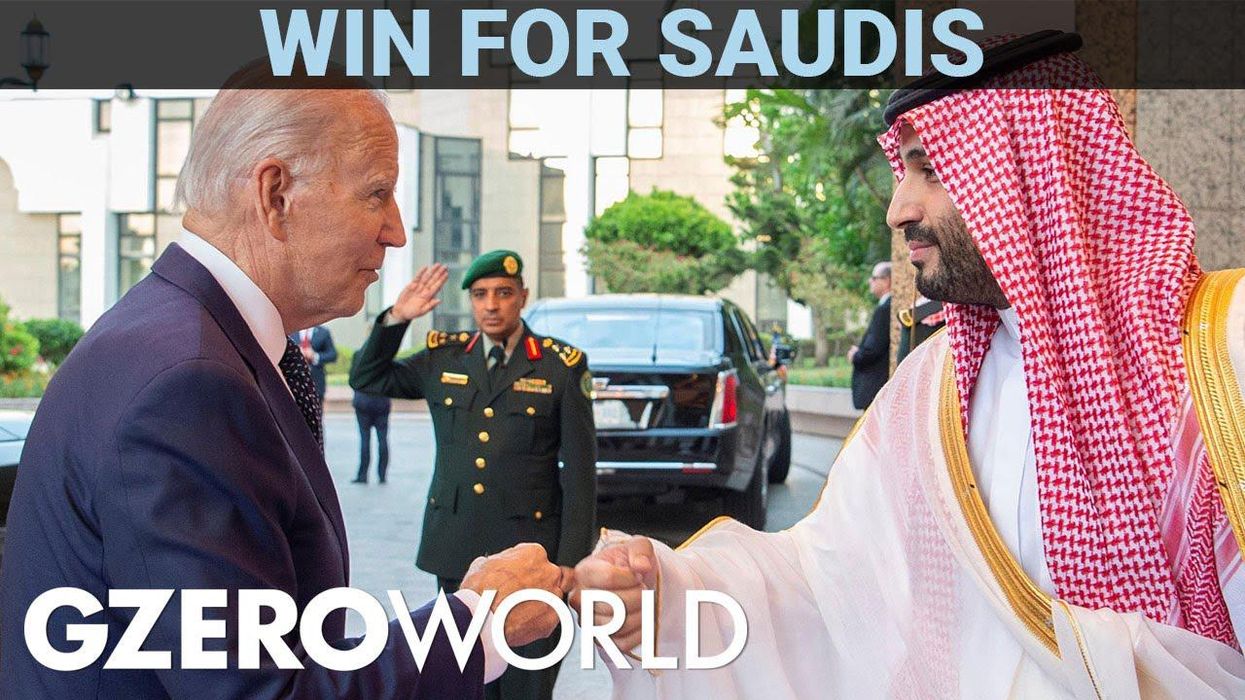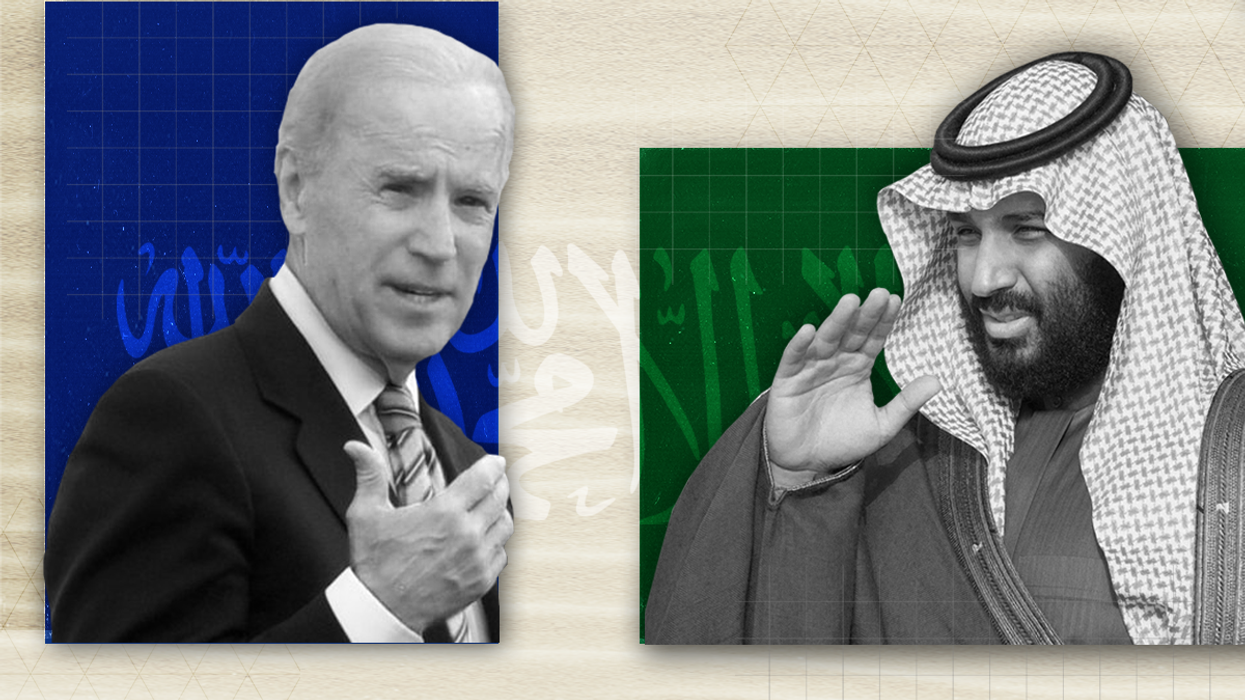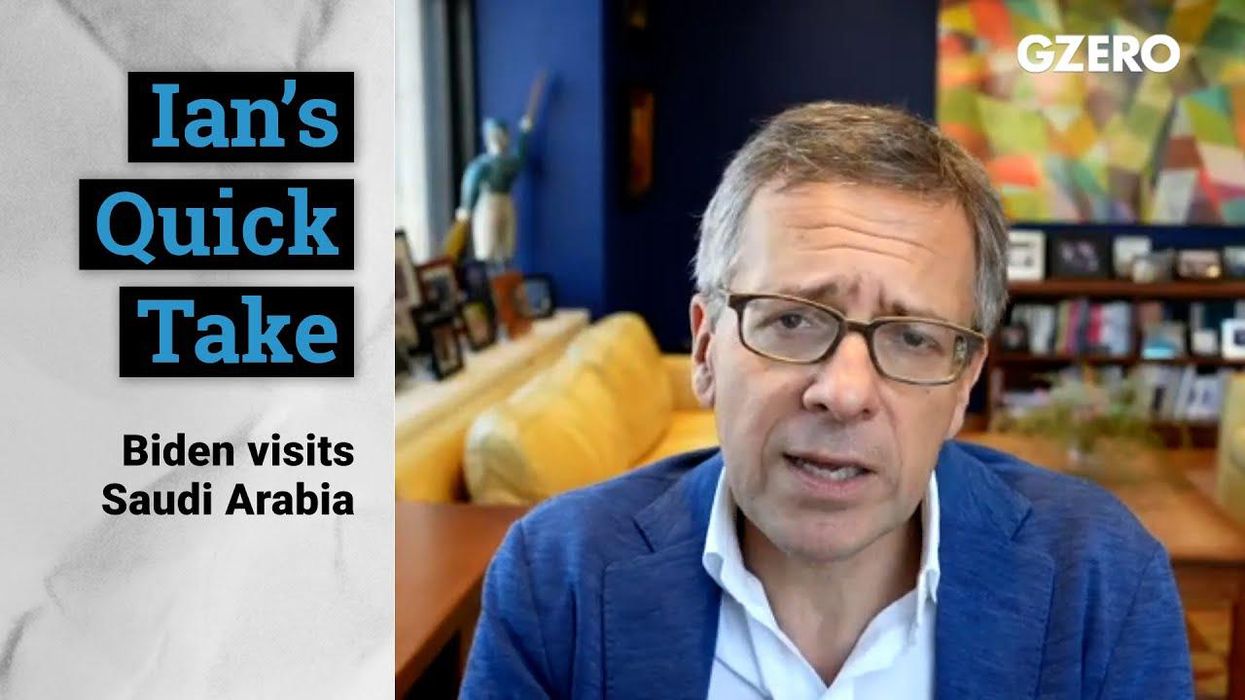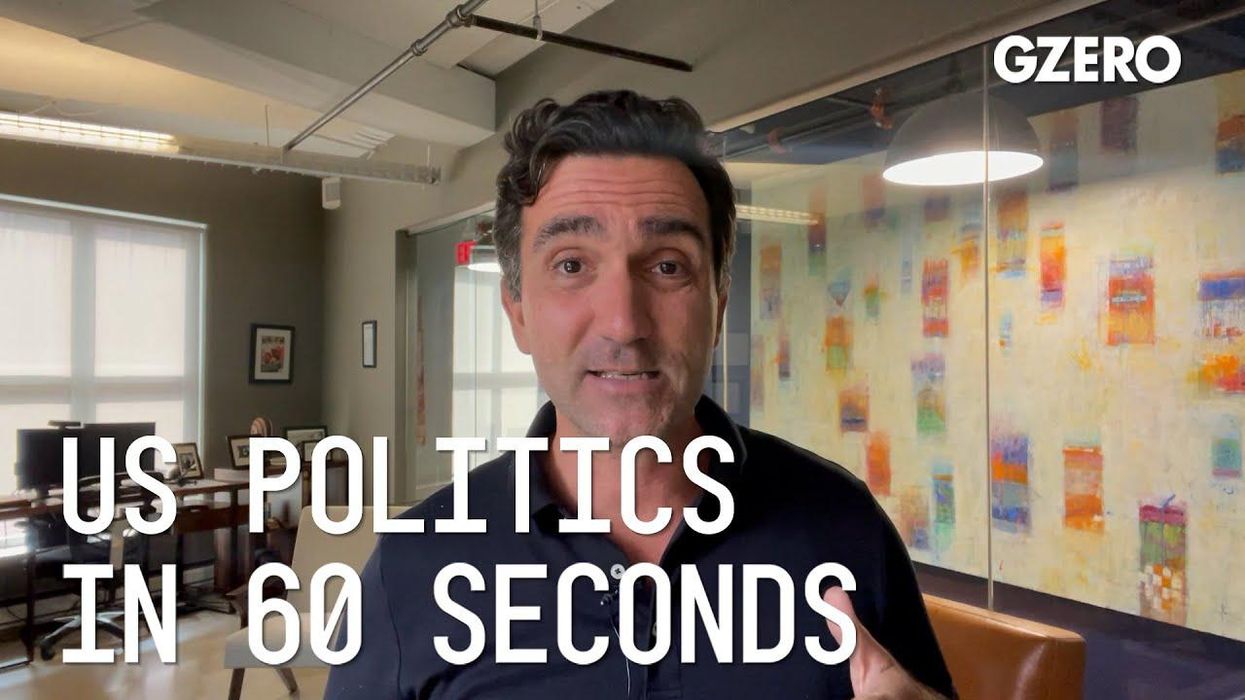GZERO World Clips
Biden-MBS meeting was "total win" for Saudis, says expert
US President Joe Biden didn't get much out of his recent — and very controversial — trip to Saudi Arabia. Why? His team didn't do their homework by getting the Saudis to agree on stuff in advance, says Bernard Haykel, a professor at Princeton University and confidante of Crown Prince Mohammed Bin Salman. "This was a total win for the Saudis," Haykel tells Ian Bremmer on GZERO World.
Jul 21, 2022




